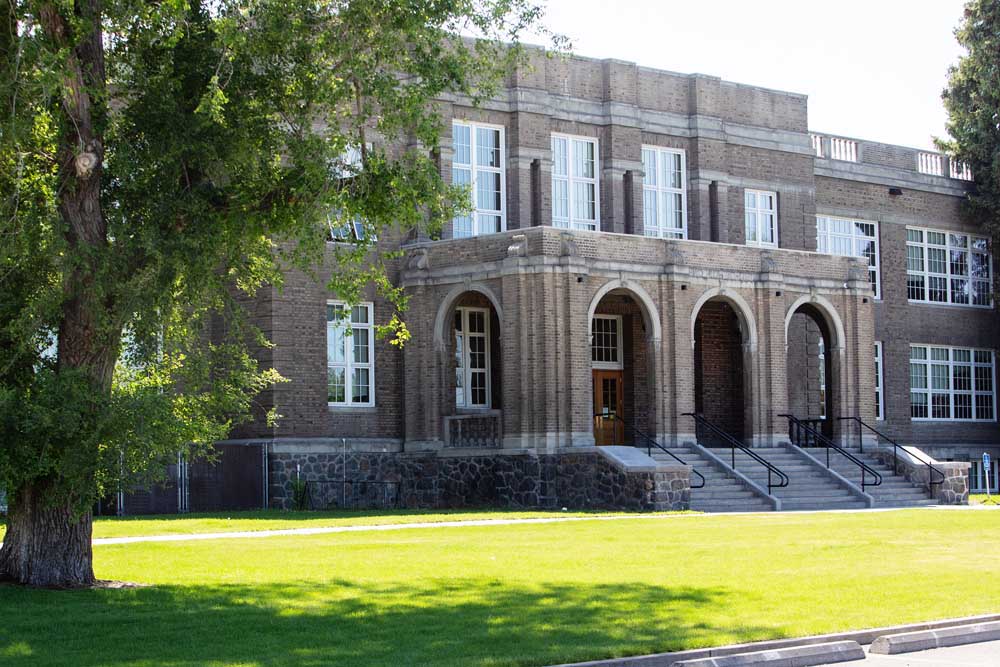Unicel gives signal a boost
Published 5:00 am Thursday, June 29, 2006
Cellular phone service provider Unicel made a significant push for more Central Oregon market share Wednesday when the company announced it has added 17 signal transmission points in the region.
The extra transmission points, which are placed on top of existing towers and other buildings, expand Unicel’s network area and increase the signal strength for Unicel phones in existing areas. The move could prove to be a major selling point for potential customers, one local retailer said.
With the new transmitters, Unicel now has 100 signal transmission points in Oregon, about two-thirds of which are in Central Oregon, according to Kipp Meleen, Northwest territory sales director for Unicel.
”The Central Oregon market is growing tremendously, and we’re growing as well to meet that need,” Meleen said. ”The growth of communities like Bend and Redmond is putting more pressure on us to meet those demands.”
The additions are part of Unicel’s $10.4 million investment in Central and Eastern Oregon this year. The new sites also can handle data transfers as well as conventional voice signals, which allow users to access other services such as the Internet.
”We already have a strong network in Central Oregon, and now we’re improving it by investing $10 million on it,” Meleen said.
One official from T-Mobile USA Inc., one of Unicel’s major competitors in the region, said his company also has high hopes for the Central Oregon market and is planning a similar network expansion.
”It’s an important market,” said T-Mobile development manager Steve Caplan. ”We’re looking at a (transmission point) in downtown Bend and are generally exploring the idea of expanding in the Bend area because people want services where they live and play.”
Scott Bundy, co-owner of local cellular services retailer Earth Wireless LLC, has sold plans from Unicel, T-Mobile and Sprint Nextel.
Bundy said Unicel’s move could have a significant impact on the local cell phone market since the price offered by different service providers no longer differs greatly from one to another.
”When we were selling (cell phone) plans three or four years ago, there was a marked difference between plans,” Bundy said, noting that one company used to offer noticeable savings compared with its competitors. ”But now the industry is so competitive that there isn’t a stretch between prices anymore, so geographical range (of service) could definitely become a factor.”
He added, however, that T-Mobile has recently reached a deal with Unicel to use Unicel’s signal points, so Unicel’s geographical range advantage could prove minimal.
Currently, about 55 percent of Earth Wireless’ cell phone business is for Unicel and about 35 percent for T-Mobile, according to Bundy.
Unicel officials say the com-pany plans to add three more signal sites in the Bend area by the end of this year.
Extra strength
The extra transmission points expand Unicel’s network area and increase the signal strength for Unicel phones. The sites also can handle data transfers as well as conventional voice signals, which allow users to access other services such as the Internet.






